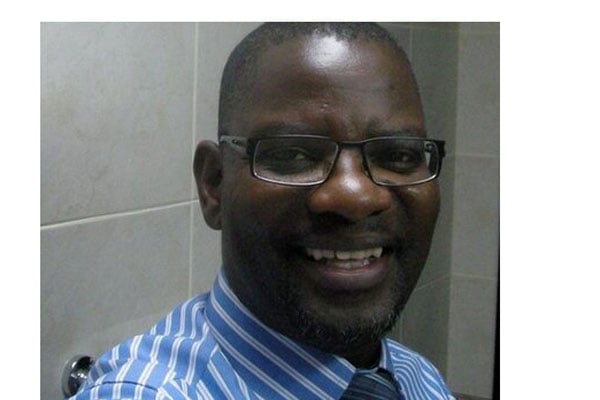Lesson for Africa from the violence in South Africa

Author, Musaazi Namiti. PHOTO/FILE
What you need to know:
Progress. South Africa has not made impressive progress in combating poverty. In some places, the situation in South Africa mirrors the rest of sub-Saharan Africa, although the Rainbow Nation has a much higher GDP and well-developed infrastructure
Africa’s second richest country, South Africa, has been reeling from deadly violence perpetrated by locals who have turned on foreigners, viciously attacking them and looting their property and shops in broad daylight.
Some have blamed the violence on poverty and unemployment, which stands at nearly 28 per cent, according to the labour force survey. Others have called the violence xenophobia and are saying it has been triggered by politicians who incite the masses.
For all its wealth and democratic governance, South Africa remains a very unequal country, with White South Africans dominating the economy and owning most of the land. Many Black South Africans, who account for 85 per cent of the population, live in poverty.
During apartheid, it was all too easy to blame the plight of non-White South Africans on racial discrimination. But apartheid ended in 1994, and South Africa has since held regular elections and changed leaders: Nelson Mandela, Thabo Mbeki, Kgalema Motlanthe (after the resignation of Mbeki), Jacob Zuma and Cyril Ramaphosa, who became president in 2018.
Yet for many voters, the only thing that has changed for the better is that they are free to cast their vote for a candidate of their choice. Standards of living for South Africans without political connections bear comparison with those they had in apartheid-era South Africa. Maybe they were even better then.
South Africa has not made impressive progress in combating poverty. In some places, the situation in South Africa mirrors the rest of sub-Saharan Africa, although the Rainbow Nation has a much higher GDP and well-developed infrastructure.
South Africa’s poverty and unemployment raise questions we (Africans) need to reflect on deeply and soberly. Is it enough for us to choose leaders and replace those we say have ‘expired’? Are elections, even if they are absolutely free and fair, going to transform Africa?
South Africa’s election in May was its sixth since 1994. In the same month, Malawi also held its sixth presidential election since it became a multiparty democracy in 1994. In southern Africa, 15 of the 16 countries that form the regional bloc SADC hold regular elections and have changed leaders. (The exception is Swaziland, an absolute monarchy which changed its name to eSwatini in 2018.)
Central, East and West Africa are not any different. Out of 44 countries in sub-Saharan Africa, only Eritrea and South Sudan have not held elections.
Yet functioning democracies like Malawi do not differ in terms of economic and human development from, for example, Eritrea where no elections have been held since 1993 when Isaias Afwerki became president.
Both Malawi and Eritrea are mired in poverty, with average annual incomes of $338 and $582 respectively. On the Human Development Index, a measure of average achievement in long and healthy life, formal education and a decent standard of living, Malawi and Eritrea are trailing badly.
None of the sub-Saharan African countries that have changed leaders features in the Very High Human Development category, and only Botswana and Gabon are included in the High Human Development category, the second highest. The rest of sub-Saharan Africa falls under Medium Human Development and Low Human Development categories.
This state of affairs represents a puzzle for Africans and independent analysts who blame sub-Saharan Africa’s poverty and underdevelopment solely on poor leadership.
Despite regular elections and what can be described as good governance in many African countries, the total number of poor in sub-Saharan Africa has been increasing, according to the World Bank. In 2015, the Bank says, more extreme poor lived in sub-Saharan Africa than in the rest of the world combined.
Political leadership that signally fails to tackle poverty—and that is the kind of leadership we have in much of Africa—does not make much sense. People need money in their wallets because it is the real god that works and solves problems. It is highly unlikely that scores of South Africans who have been arrested for their role in the violence would find time to hunt foreigners and loot their shops if they had enough to eat and were gainfully employed.


